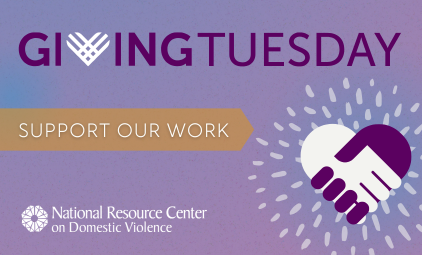Closing what many regard as a gaping loophole in Ohio's domestic-violence laws has become a top priority for state legislators.
Currently, only Ohio and Georgia do not offer specific legal options for victims of dating violence, such as civil-protection orders.
A protection order from a judge can legally prevent contact between a victim and perpetrator, including ordering that person to move out of a home that a couple shares. It also can grant child custody and require the offender to relinquish any firearms.
But currently, such orders are limited to family members.
"It's not necessarily about definitions; it's about the relationship and what type of violence arises out of that relationship," said Rep. Emilia Sykes, a Columbus Democrat given an unusual co-sponsorship of a prime bill in the GOP-dominated Ohio House.
"Our statutory law has not caught up to that here in Ohio, so that leaves victims in this state unprotected for the purposes of obtaining civil-protection orders, simply because they don't meet that very specific and narrow definition of domestic violence."
House Speaker Cliff Rosenberger will designate the legislation as House Bill 1, following a similar measure's death in the Senate in December.
Sykes introduced that legislation, House Bill 392 from the previous General Assembly session, which passed the House with a unanimous vote in May. The bill includes providing greater access to domestic-violence shelters and adding dating violence to the Ohio attorney general's Victims Bill of Rights. The Democrat says Ohio lags behind most of the rest of the country in passing similar legislation.
"It's very much about safety. In some situations, the protection order works very well to prevent the abuse from continuing, to prevent harassment from continuing," said Kendra Massey, vice president of programming for Women Helping Women. The agency's mission is to prevent different forms of gender-based violence, including intimate-partner violence, sexual assault and stalking.
Sykes said many 18- to 24-year-olds experience violence in their relationships, but might not be married or living with the offender. The Department of Justice's 2010 national report on Intimate Partner Violence - the most recent available - indicates that women between the ages of 16 and 24 experience the highest rate of intimate-partner violence.
"The legal protection is helpful for people who want some sort of law-enforcement intervention," Massey said. "Having a protection order makes that a lot more black and white. Sometimes it's hard to prove that abusive behavior is happening, but it might be easier to prove that someone's violated a protection order."
Rosenberger, a Republican from Clarksville, has a couple of reasons for designating legislation with two Democratic sponsors on it as House Bill 1, according to his office. One, an issue like domestic violence is impartial enough to be "just about doing what's right." Second, it allows him to use both sides of the aisle.
"It is and continues to be very necessary, because of a loophole for protective orders, which is that victims of dating violence can't get one," Republican Rep. Jim Butler said.
After passing the House last year, the bill got two committee hearings in the Senate. It was attached to Republican-sponsored Senate Bill 76, which was aimed at strengthening protection orders for crime victims. Neither bill passed in the lame-duck period that followed.
"Sometimes, when it is lame-duck season and there is new language that members have not had the chance to thoroughly vet and discuss, legislation can be set aside for the next General Assembly, which is what happened in this case," Senate Press Secretary John Fortney said.
"I'm confident that the speaker is committed to seeing the former House Bill 392 advance, one as a showing of good public policy that should be advanced, and that shows remarkable leadership," Sykes said. "But also, just making sure we're doing the best we can for the citizens of Ohio and not making everything so partisan, especially when it doesn't have to be."
Kat Tenbarge is a fellow in the E.W. Scripps School of Journalism Statehouse News Bureau. See original article
















